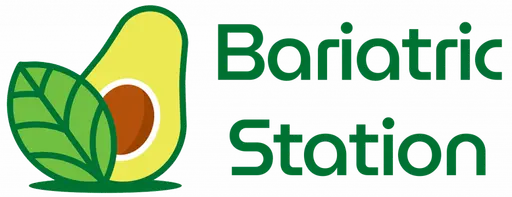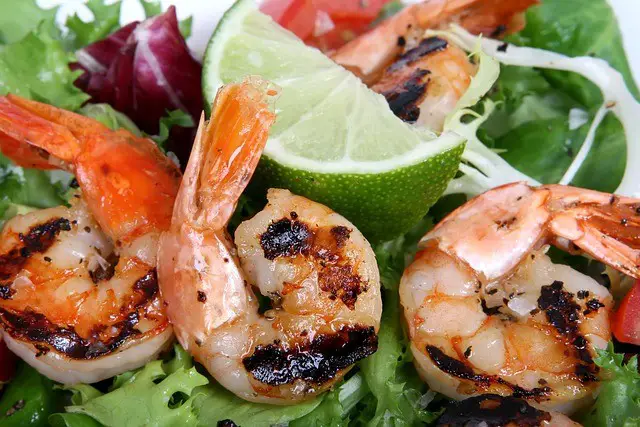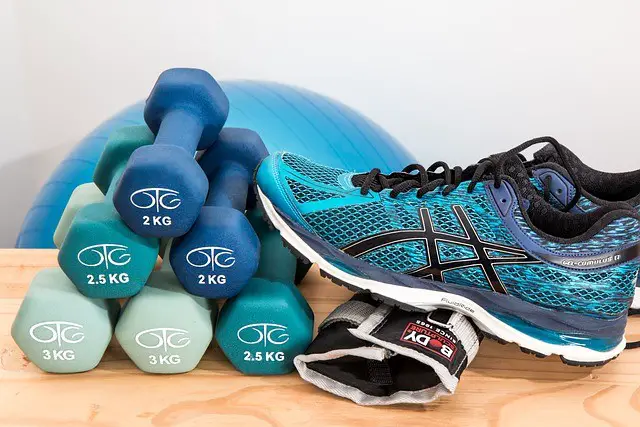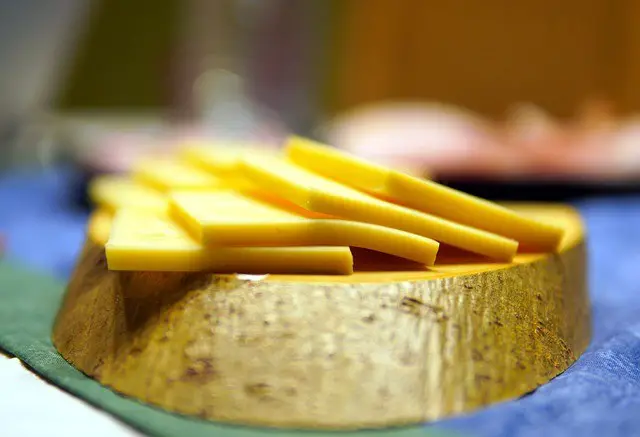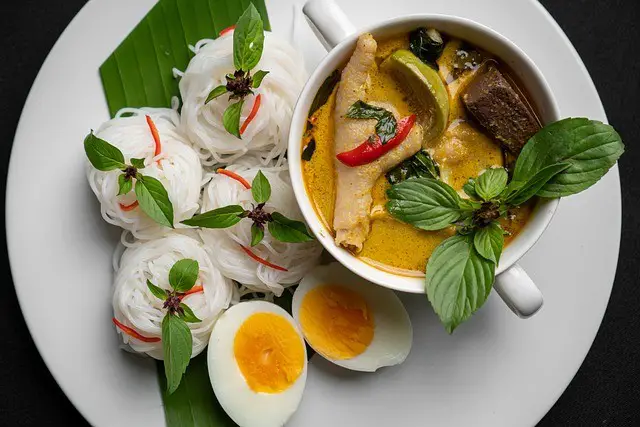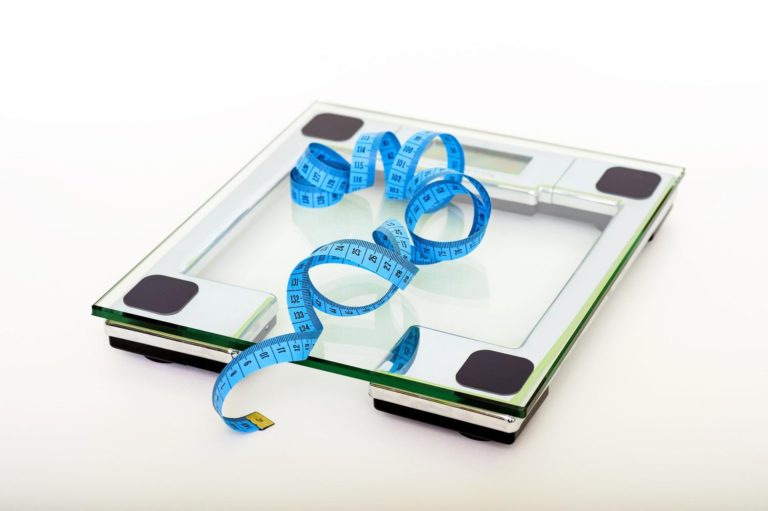It’s no secret that hypertension requires some significant lifestyle changes, especially dietary changes, making you feel like all your favorite foods are suddenly off-limits. What’s more frustrating is how much contradictory information is out there on good and bad foods for hypertension. You want to know if your favorite seafood can raise your blood pressure. You’re in luck because today we answer, is shrimp good for high blood pressure?
Today’s content will explore the nutritional benefits of shrimp, if eating shrimp affects your blood pressure, the effects of some of your favorite proteins on blood pressure, and other seafood you can add to your diet that is good for hypertension.
Shrimp Nutrition Facts
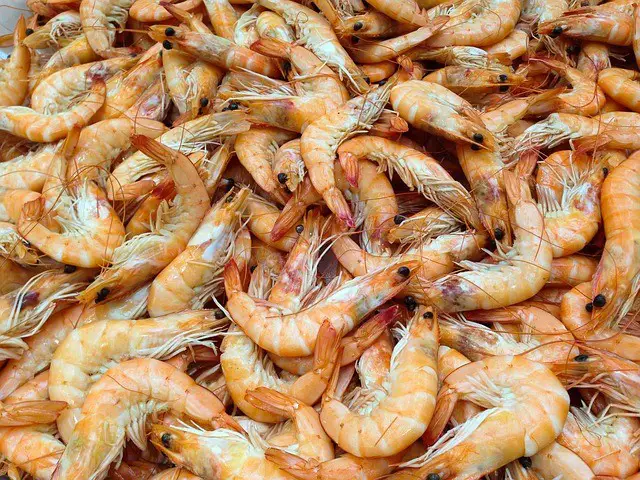
According to the USDA, when you eat shrimp (100g) you will get:
- Energy: 99 kcals
- Protein: 24 g
- Total lipid: 0.28 g
- Total carbs: 0.2 g
- Sodium: 111 mg
- Saturated fat: 0.056 g
- Monounsaturated fat: 0.048 g
- Polyunsaturated fat: 0.079 g
- Trans fats: 0.002 g
- Cholesterol: 189 mg
From its nutritional information, you can see that shrimp is low carb making it keto-friendly. Shrimp, unlike other foods high in cholesterol, contains low levels of saturated fat and no trans-fat, lowering the risk of heart disease. However, shrimp is high in sodium, which could affect your blood pressure, threatening your heart health.
Are you curious to know if shrimp’s saltwater habitat is the only cause of its high sodium content or if there are other contributing factors? You’ll find out soon enough. Fun fact about shrimp, its heart is located in its head.
Is Shrimp Good for High Blood Pressure?
Shrimp is good for high blood pressure. You’re probably asking yourself why considering its cholesterol levels! Let me explain.
Is Shrimp High in Cholesterol?
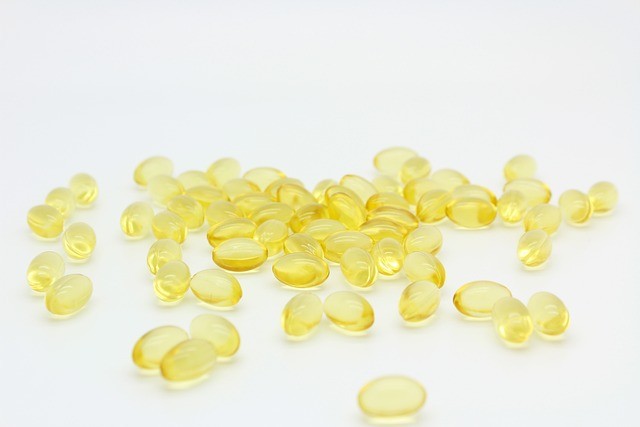
Shrimp is high in cholesterol but a good kind of fat. In 3 ounces of shrimp, you will get about 200 mg of cholesterol. Cholesterol is a waxy fat-like substance found in animal products like red meat, fish, poultry, and dairy.
Dietary cholesterol has been demonized for a long, but you have to realize that cholesterol plays an important role in the body. Cholesterol is required to produce hormones, build cells and tissues and assist in the production of bile.
Shrimp contains omega-3 fatty acids, healthy fats that have numerous health benefits for the body. Omega 3 fatty acids have no effect on total blood cholesterol levels, but they lower low-density lipoprotein (bad cholesterol) and increase the concentration of high-density lipoprotein (good cholesterol) reducing the risk of cardiovascular diseases like heart disease, blood clots, strokes, and high blood pressure.
A study was done to investigate the effects of the same amount of cholesterol intake from eggs and shrimp on cholesterol levels and lipid profiles. Eating shrimp increased low-density lipoprotein (LDL) by 7% and high-density lipoprotein (HDL) by 12%. Because the percentage increase in bad cholesterol was lower than that of good cholesterol, there was no increase in total blood cholesterol in the body. This can be attributed to the omega-3 fatty acids in shrimp.
Research has shown that increased HDL cholesterol levels reduce inflammation in the heart reducing risks of cardiovascular disease. Good cholesterol increases the production of nitric oxide (NO), enhancing endothelial function. It also inhibits vascular inflammation and oxidative reducing the risks of developing high blood pressure.
Is Shrimp Good for Your Heart?
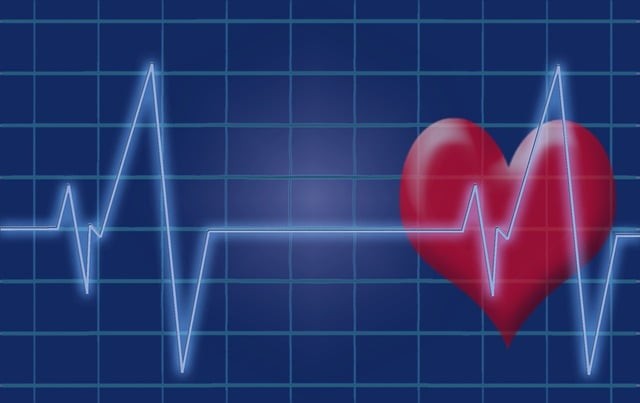
Many people wonder, is shrimp healthy? We are so focused on the cholesterol levels in shrimp we forget to look at the bigger picture. Scroll back to shrimp’s nutritional information and pay close attention to the saturated and trans fats numbers!
If you shift your attention from the high cholesterol in shrimp and focus on the less saturated fat and almost no trans-fat aspect, you will realize you have numerous nutritional benefits to enjoy from shrimps.
Raw shrimp contains less than a tenth of a gram of saturated fats and contains insignificant amounts of trans fatty acids which makes it a good choice to lower blood pressure. High intake of saturated fats and trans fats has been shown to elevate blood pressure and increase the risks of atherosclerosis.
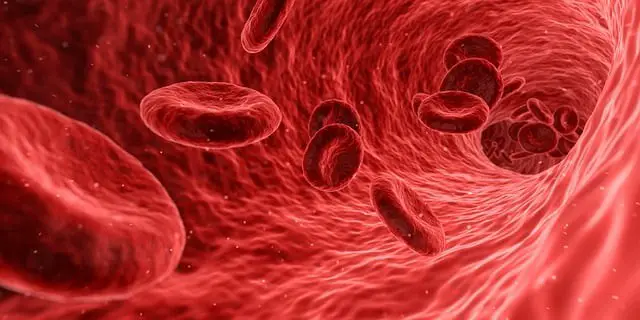
Your body struggles to break down saturated fat and trans-fat, causing accumulation in the bloodstream translating to high cholesterol levels. These fats deposit (plaque) on blood vessel walls, narrowing them and causing high blood pressure in the blood vessels. When plaque breaks off it can cause blockage in major blood vessels, increasing risks of stroke and heart attack.
Simply put, avoid foods with trans fat (limit to less than 1% of calorie intake) and moderate your consumption of saturated fat (only 5 to 6% of your total calories should come from saturated fats). Processed meat like deli meats and processed and prepackaged foods are high in saturated and trans fatty acids, so should be avoided.
These foods are also high in calories putting you at risk of developing obesity. Consuming more than your recommended daily calorie intake promotes weight gain which is a risk factor for hypertension.
Dietary cholesterol is not the only factor you should pay attention to when talking about heart health.
What Are the Health Benefits of Eating Shrimp?

Here are a few health benefits you will enjoy when you eat shrimp:
Rich in High-quality Protein
In a 3-ounce serving of shrimp, you will get 18 grams of protein. The high-quality protein and healthy fat content make shrimp a great alternative to red meat which can raise blood pressure.
Good for Weight Loss
A 100g serving of cooked shrimp provides only 99 calories and 0.2 g of carbohydrates. If you are on a ketogenic diet, shrimp is a great addition to your keto foods. The low carbs will help trigger ketosis and promote the burning of fat.
Promotes Heart Health
The healthy fats in shrimp help in regulating your lipid profile which affect your blood pressure. When levels of good cholesterol are high, the risk of developing high blood pressure and heart disease is low.
Blood Sugar Control
Shrimp is low in carbs, and has a glycemic index of 50 and a glycemic load of 0.1. This means it has insignificant effects on your blood sugar. The proteins in shrimp also take longer to be digested keeping you full and your blood pressure in check.
Nutrient-dense Food
Other than being a good source of protein, shrimp is rich in essential nutrients like minerals and vitamins. It contains vitamin B12 for red blood cell formation and nerve function and selenium for a healthy immune system.
Zinc in shrimp can help with wound healing and maintaining healthy skin. Vitamin D regulates the absorption of phosphorus and calcium and is essential in bone formation.
Reduces Inflammation and Oxidative Cell Damage
Shrimps contain antioxidants from its algae-derived carotenoid, astaxanthin. Astaxanthin protects your body against inflammation and is also responsible for shrimp’s reddish color.
Is Shrimp High in Sodium?
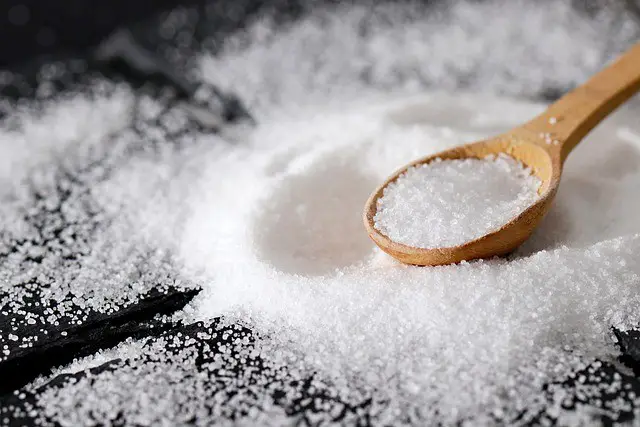
When answering, is shrimp good for high blood pressure, we must look into sodium. Besides the other essential nutrients in shrimp, it is high in sodium. Eating seafood increases your sodium intake, elevating systolic and diastolic blood pressure. High salt intake makes your body retain water leading to high blood pressure in your blood vessels.
The American Heart Association recommends consuming not more than 2300 mg of sodium per day. Three ounces of shrimp provide 805 mg of sodium which is about 35% of your daily value. Eating too much shrimp may increase your risk of developing high blood pressure, kidney diseases, and other cardiovascular diseases.
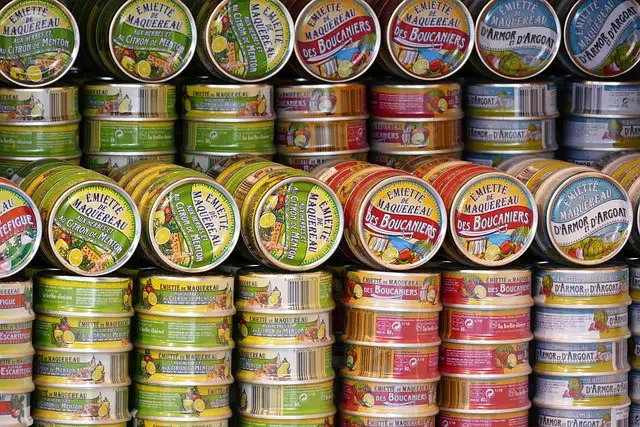
Highly processed foods contain additives and preservatives for flavor and to increase shelf life. Highly processed seafood that you buy from the supermarket contains additional salt for preservation. Canned shrimps contain 685 mg of sodium in 100 g, while fresh-caught shrimp contains 111 mg. For hypertensive individuals, choose fresh seafood over the canned variety to lower your blood pressure.
Which Seafood is Good for High Blood Pressure?
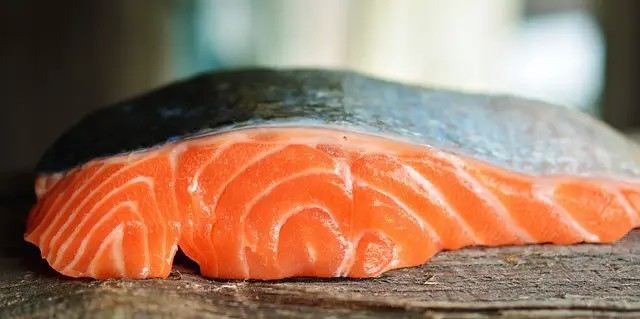
Seafood is a great source of lean protein, healthy fats, and other essential nutrients. They are high in cholesterol. Healthy foods can be high in cholesterol, but what matters most is the type of fat in your food.
The following fatty fish are good for high blood pressure:
Fresh Shrimp
Fresh shrimp is a low-fat, low-carb seafood option, that’s also high in protein. While it may not be as high in omega-3 as other options, it’s still a healthy choice for those with high blood pressure.
Salmon
A study testing the hypothesis that consuming oily fish improves coronary heart disease risk factors resulted in a 4% decrease in arterial, systolic, and diastolic pressure, a 15% reduction in triglycerides, a 7% decrease in bad cholesterol, and 5% increase in good cholesterol after eating salmon for a month.
Tuna
Tuna is another fatty fish that’s high in omega-3s and can help reduce blood pressure. It is a low-carb, healthy food that shouldn’t miss in your keto recipes.
Sardines
Sardines are small, oily fish that are packed with omega-3s, protein, and other important nutrients. They’re also a great source of calcium, which can help lower blood pressure.
Mackerel
Mackerel is another oily fish that’s high in omega-3s and protein. It’s also low in carbs and can be a great addition to your low-carb meal.
Which Seafood Has the Highest Amount of Cholesterol?
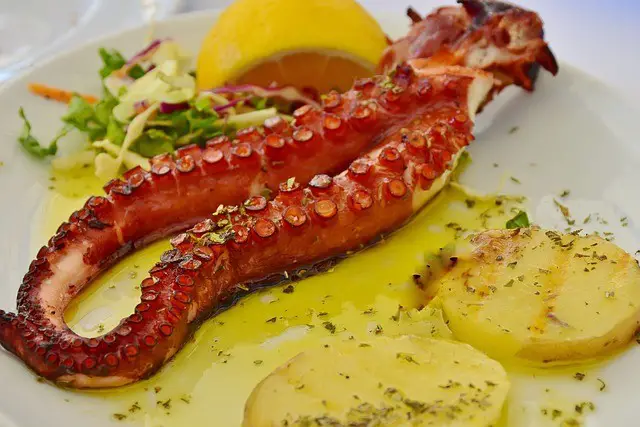
Which one contains more cholesterol, shrimp or raw squid? In 100 g of raw squid, you will get 233 mg of cholesterol. Although high, squid can lower your blood pressure, because it contains good cholesterol like the healthy fats in shrimp.
Is Shrimp Healthier Than Chicken?
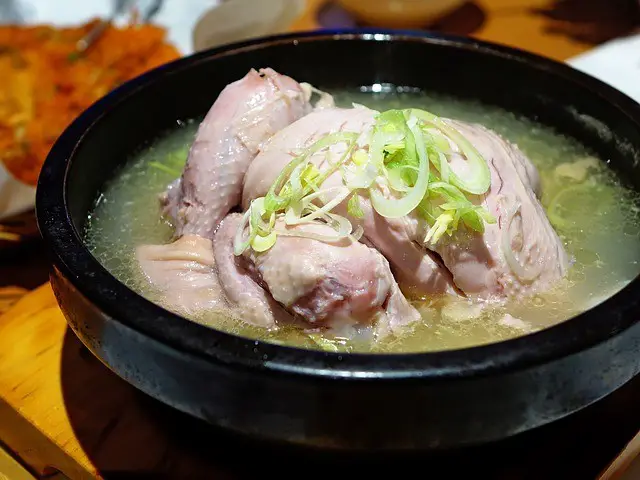
We have talked about shrimp and whether it is good for high blood pressure, and that may have made you ask yourself, can chicken raise blood pressure? It depends on the cooking method!
A high intake of fried food increases your risk of developing high blood pressure. Fried chicken is high in fat which can promote weight gain, increasing the risk of developing hypertension. Avoid exposing your meat to open flames so it does not form heterocyclic aromatic amines (HAA) that increase your risk of developing cancer.
When cooking your chicken or lean beef use healthy fats and oils to reduce your intake of saturated fat. Grilling and baking are the best ways to prepare your chicken. But routinely eating grilled chicken will raise your blood pressure so take note of portion sizes and frequency of consumption.
Can Eggs Raise Blood Pressure?

One egg contains 186 mg of cholesterol, that’s why egg consumption is normally not advisable in hypertensive patients. Although does high cholesterol level translate to high LDL cholesterol? No, it does not.
Your egg yolk is high in choline, phytonutrients like lutein and zeaxanthin, and vitamin K2 that can help with the breakdown of fat and improved lipid profile reducing risks of developing hypertension. Eggs should be part of your healthy diet. Do not take more than four eggs per week.
How Can You Lower Your Blood Pressure?
Here are a few ways to naturally lower your blood pressure:
- Reduce and manage stress and anxiety.
- Consume potassium-rich foods like green leafy vegetables.
- Increase physical activity.
- Go on a ketogenic diet: a keto diet restricts sugary foods, whole grains, and most fruits. Whole grain bread may be high in fiber and low in sodium but contains high net carbs which can spike insulin levels increasing insulin resistance.
- Avoid excessive alcohol intake and smoking.
- Lose weight.
- Reduce salt intake: Whether it is table salt or foods high in salt like pickles, chips, and canned fish, avoid them to reduce water retention and reduce blood pressure.
- Eat dark chocolate.
Finally
Unless you have a shrimp allergy, you can enjoy this delicious seafood when hypertensive. High cholesterol in food does not mean that a food is unhealthy, you need to pay attention to the type of fats it contains.
Highly processed kinds of seafood have a high sodium content which can raise blood pressure. Pick fresh shrimp over the canned varieties because these contain added salt for preservation. The cooking method you use can affect lipid structure, so pay attention to how you cook your proteins so as not to increase their cholesterol levels.
Which seafood is your favorite? How do you prepare your shrimp? Drop your shrimp recipe in the comment section below.
